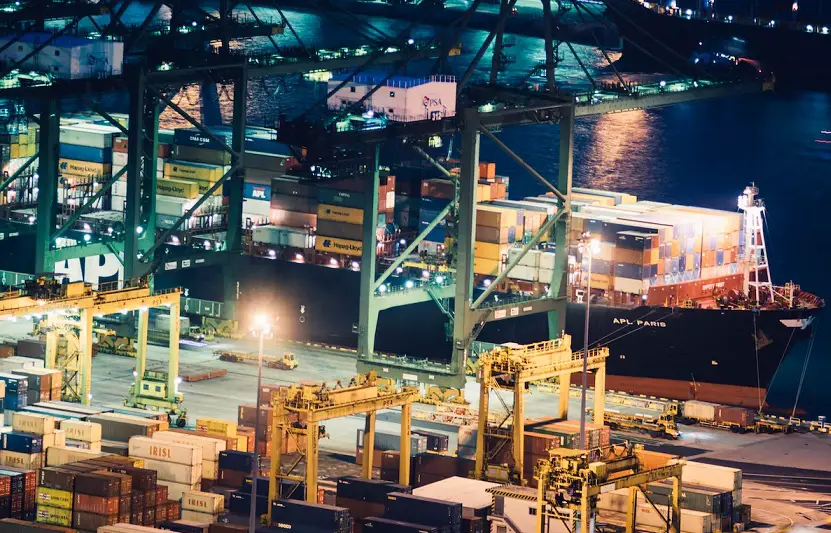In a written piece released ahead of the second Russia-Africa Summit and Russia-Africa Economic and Humanitarian Forum in St. Petersburg, Russian President Vladimir Putin says that there is no point to extending the Black Sea Grain Initiative which facilitated the worldwide shipment of Ukrainian grain, as the deal has never fulfilled the humanitarian goals it was originally set up to achieve.
In the article, which was released by the Kremlin early Monday, he noted that Russia had originally only agreed to the deal because it was supposed to ensure global food security and diminish the risk of famine and hunger in poorer third world countries in Africa, Asia, and Latin America
He wrote, “This ‘deal,’ however, while it was publicly advertised by the West as a gesture of goodwill that benefited Africa, has in fact been shamelessly used solely for the enrichment of large US and European businesses that exported and resold grain from Ukraine.”
President Putin argued that the poorest nations, such as Ethiopia, Sudan, and Somalia, as well as Yemen and Afghanistan, only took delivery of less than 3% of the grain shipped from Ukraine, while higher income nations, including many EU nations, received over 70% of the grain exported.
In addition, the promises in the agreement to exempt Russian grain exports from sanctions were never fulfilled, and even when Russia attempted to ship free agricultural products, the efforts were often blocked. Putin went on to explain, that not only was Ukrainian grain diverted from poorer countries, but when Russia attempted to ship fertilizer to the poorest nations free of charge in a humanitarian gesture, the West blocked the effort. Although one shipment of 20,000 tons of fertilizer managed to arrive in Malawi, and one 34,000 ton shipment arrived in Kenya, 200,000 tons of fertilizer destined for other impoverished nations was, “still unscrupulously held by the Europeans.” President Putin added, “And this is a purely humanitarian initiative we are talking about, which should be exempt from any sanctions as such.”
Putin went on to detail how even though the Western sanctions “severely hamper” the delivery of Russian agricultural products to impoverished nations, by making the transport logistics, insurance of shipments, and bank payments impossibly complex, in 2022 alone, Russia delivered 11.5 million tons of grain to Africa, with another 10 million tons delivered in the first half of 2023.
The Russian President went on to pledge that the pressures from the West will not prevent Russia from providing Africa with all of the food products, fertilizers, and other goods it requires.
He wrote, “I want to give assurances that our country is capable of replacing the Ukrainian grain both on a commercial and free-of-charge basis, especially as we expect another record harvest this year.”
The Black Sea Grain Initiative was an agreement between Russia and Ukraine that was mediated by the UN and Türkiye. Under the agreement, Russia would allow Ukraine to export grain shipments to the developing world, and in return the West would provide Russia will relief from sanctions imposed on it as well as offer the facilitation of Russian agricultural exports. It was signed in July of 2022.
Last week, Moscow refused to renew it, complaining the West had failed to honor its end of the agreement, especially with regard to reconnecting Russia’s primary agricultural lender to the SWIFT international financial transaction system, restarting a key ammonia pipeline, allowing the importation of agricultural machinery and parts into Russia, and allowing Russia to acquire transportation insurance for its exports.
Russia also noted that the deal had not been used to facilitate shipments of food to impoverished nations, as it had been intended to do, but rather had been used by Ukraine for profit, by allowing it to sell its grain to wealthy European countries.

